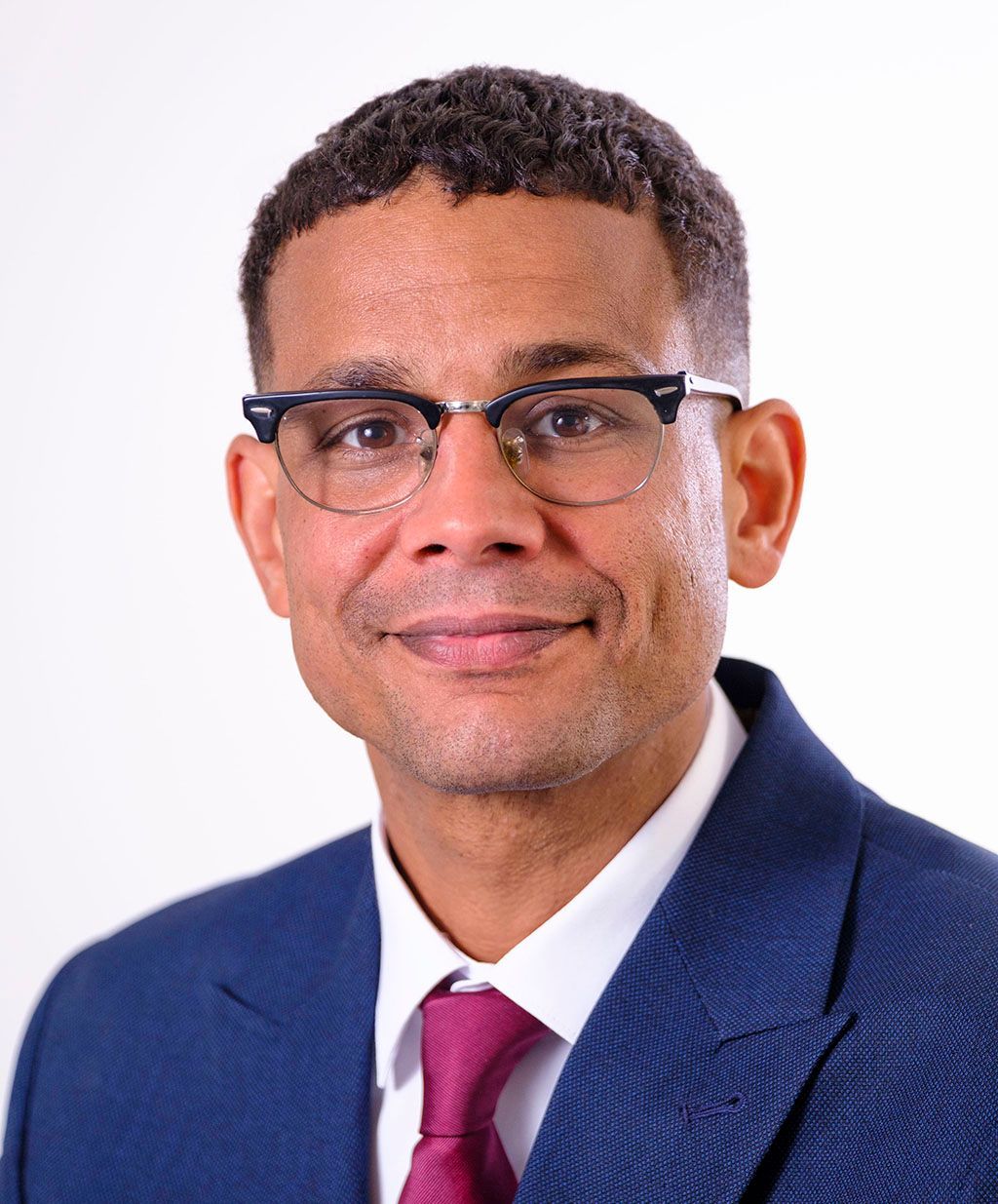Around the world, women and girls continue to experience discrimination, misogyny and oppression, are denied their rights to dress as they please, work outside the home, engage in public and social life or even control their own bodies.
In Afghanistan, Amnesty International has found that human rights violations against women and girls constitute gender persecution, a crime against humanity. Girls are denied the right to access secondary education and young women are prevented from attending university whether at home or abroad. Women cannot attend a gym or walk in the park and are restricted from working outside the home, except in a very few sectors and roles. Women cannot go more than a short distance from home without a male family member to escort them – even accessing healthcare requires a male chaperone.
In Iran, women and girls are forced to wear the hijab and, under a new law, the ‘Support for the Culture of Hijab and Chastity’ legislation, can be fined thousands of pounds or jailed for up to 10 years for failing to do so, in what the United Nations has labelled “gender apartheid”.
In France, religious clothing and symbols have historically been banned in all public schools and Government buildings. But recent legal changes have included bans on Muslim and Jewish clothing. In 2010, France banned the wearing of full-face veils in all public spaces. Wearing a headscarf in state-run schools has been banned since 2004 and last month (September) girls were banned from wearing abayas to school.
In 2021, Turkey pulled out of the ‘Convention on Preventing and Combating Violence against Women and Domestic Violence’, a major human rights treaty establishing comprehensive legal standards to ensure women’s right to be free from violence.
Meanwhile in the USA, in June 2022, the Supreme Court overturned Roe v. Wade, the legal ruling which enshrined women’s rights to abortion. Since the decision, 21 US states have banned abortion or restricted the procedure earlier in pregnancy than the standard set by Roe v. Wade.
But everywhere women are fighting back…
In Afghanistan, large numbers of women have taken to the streets demanding the right to education and work.
There have been public demonstrations In Iran, with women such as Nazila Maroufian publicly flouting the hijab edict despite being immediately returned to prison.
In Brazil, where President Lula took office at the start of this year, women have taken 11 Ministerial positions and have helped bring forward a package of more than 25 measures that will transform the lives of women, including a bill that guarantees equal pay for women and men who perform the same jobs.
In Colombia, women are playing a leading role in transforming their country after years of violence and repression. The 2022 elections saw victory for President Gustavo Petro and Vice President, Francia Márquez, the first Afro-Colombian Vice President in the country’s history and only the second woman to hold the position.
In Colombia and elsewhere in Latin America, women are now winning the battle to control their own bodies.
In February this year, Colombia made abortion legal during the first 24 weeks of pregnancy. This followed Argentina’s liberalisation of abortion law in 2020 when the procedure was decriminalised and legalised until the 14th week of gestation. The following year, the criminalisation of abortion was declared unconstitutional in Mexico (although access to abortion still varies state by state).
I am delighted that this month, women from countries including Afghanistan, Brazil, Colombia, Cuba, Iran, Palestine, Turkey and Sudan, along with Black, refugee, trade union and LGBTQ+ women, will be speaking at the NEU’s annual International Solidarity Conference. These sisters will make clear that despite continued persecution, oppression and legal setbacks, women and girls across the globe are fighting back – demanding their rights to control their lives and their destiny. They will amplify the voices and resistance of women around the world as they shout their demands for Women, Life, Freedom!





